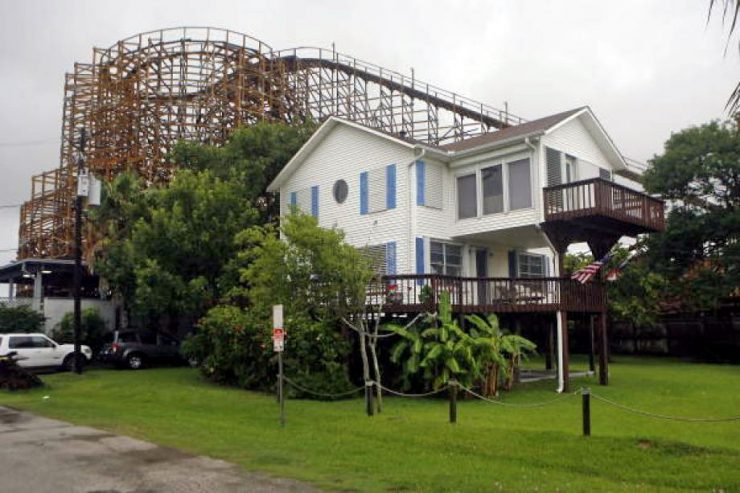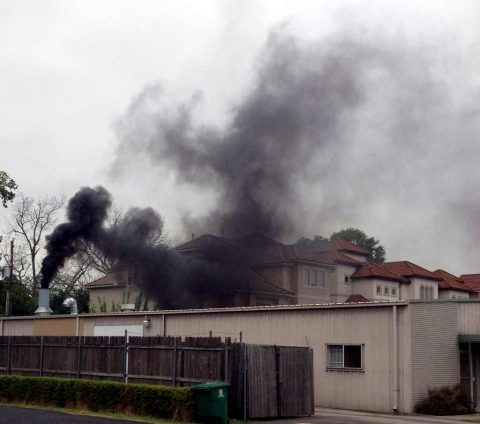
Starting A Cottage Food Operation – Zoning
Zoning laws may be the largest barrier to starting your cottage food business. Basically, these laws were created to separate business areas from residential ones. Zoning laws are the reason your neighborhood feels like a neighborhood, and not a business center. Business zones allow big signs, flashing lights, and lots of car and foot traffic from strangers: not things most people want around their home.

Have you noticed that some restaurants give off an aroma that can be smelled from hundreds of yards away? This is also something that zoning laws address, and it’s a concern that may be considered when it comes to your cottage food operation. Will your CFO be “polluting” the air, or will it add strains to the public sewer or water systems? Fortunately, most home food businesses are small enough that these factors aren’t an issue.
Most people also don’t want business advertisements infiltrating their neighborhoods. Usually zoning laws will prevent you from adding signage about your business to your front lawn or home, perhaps with the exception of one very small (e.g. 2 sq ft) sign. You will probably not be able to setup any stand in your front yard to sell your products (roadside stands usually need to be outside of residential zones).
In most areas, the planning, building, or zoning department manages zoning laws, but it could be a different department for you. The zoning laws that apply to you are entirely dependent on where you live, so the requirements for you could literally be different from the requirements for the person across the street (unlikely though).
Sometimes a limited amount of zoning information is online, but you will always need to directly contact the department that manages zoning. This department can impose any number of requirements, such as a home occupation permit (HOP) or a fire safety inspection, but sometimes they don’t require anything at all.
Zoning may restrict your CFO (e.g. you cannot offer pickup at your home), or may even prevent it entirely. However, there are a few states, like Texas, that have specific language in their cottage food law to prevent zoning laws from disallowing a CFO.
Although zoning laws have good intentions, they can hamper micro-businesses that would actually have little to no impact on their neighborhoods. If zoning laws will prevent your CFO from existing, you can offer to self-impose restrictions on it (e.g. not offering pickup at your home) that might address some of the concerns about your business.